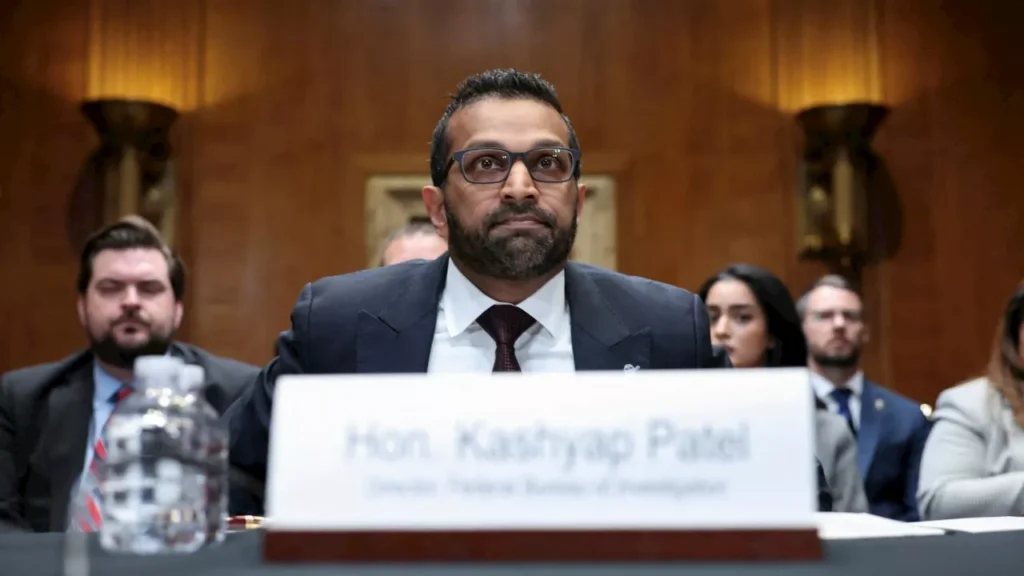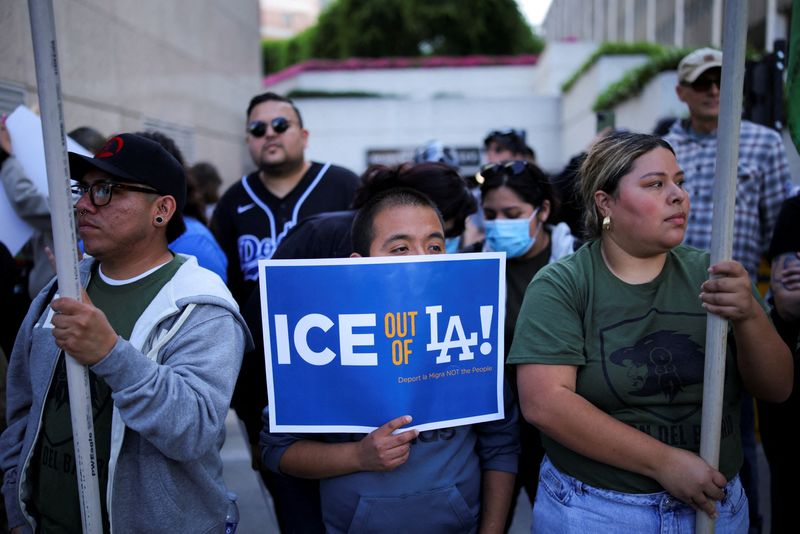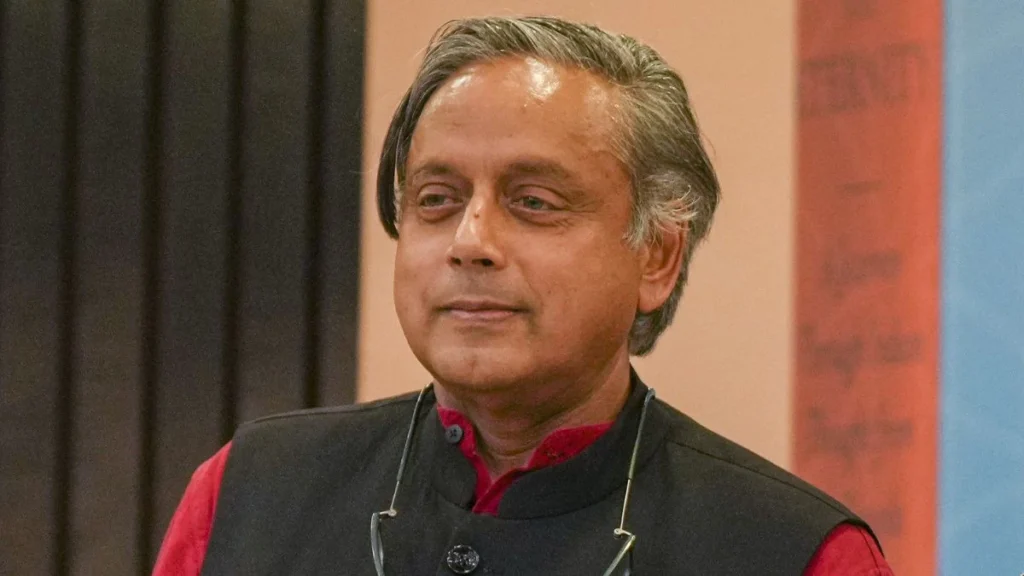How Kash Patel and the Trump Administration United U.S. and Indian Agencies Against CCP-Driven Fentanyl Trafficking
On a recent call, FBI Director Kash Patel revealed that the Trump administration formally reached out to Indian law-enforcement agencies for assistance in taking down a China-backed global fentanyl drugs network. Patel stated, “I literally just got off the phone with the Indian Govt… I said, I need your help.”
HUGE 🚨 FBI Director Kash Patel said the Trump administration sought help from Indian agencies to dismantle China-backed global fentanyl drugs network.
— Times Algebra (@TimesAlgebraIND) June 10, 2025
KASH PATEL : "I literally just got off the phone with the Indian Govt… I said, I need your help"
"Chinese Communist Party… pic.twitter.com/yvIqC0rkuu
He warned that the Chinese Communist Party (CCP) is deliberately pushing fentanyl shipments to destabilize the U.S. population, reinforcing the urgent need for international cooperation. This unprecedented bid for support underscores both the severity of the fentanyl crisis and the strategic importance of U.S.–India counter-narcotics partnerships.
Drawing on decades of counter-drug experience, India’s agencies bring advanced intelligence gathering and border-security expertise to the table. Patel confirmed that the FBI and Indian counterparts are already “coordinating on [the] crackdown,” marking a major step in the fight against global fentanyl trafficking. For domain-leading news outlets and policy analysts, this cooperation signals a shift toward more multilateral drug-enforcement strategies against CCP-sponsored narcotics operations.
Joint Operation to Target China-Backed Fentanyl Network
As part of this new counter-narcotics alliance, the FBI will provide Indian agencies with real-time data on fentanyl shipments, including shipping manifests, trafficking routes, and money-laundering trails linked to Chinese operations. In response, India’s coast guard and customs authorities will intensify screening procedures at strategic ports and airports, especially those vulnerable to Chinese container traffic. This bilateral intelligence-sharing framework aims to disrupt fentanyl supply chains before they leave Chinese shores, preventing the synthetic opioid from reaching American and global black markets.
To execute on-ground enforcement, joint task forces are being activated in Washington and New Delhi. These units will work together on raids, coordinated seizures, suspect interrogations, and dismantling cartel cells with links to the Chinese Communist Party (CCP). By integrating advanced undercover infiltration tactics, cyber-forensics, and field surveillance, this operation is designed to apply sustained pressure on transnational drug networks operating with CCP protection and funding. The coordination reflects a serious escalation in U.S.–India joint security efforts.
Kash Patel has stressed the importance of building legal and policy bridges between the two democracies. The Trump administration is in discussions with India’s Ministry of Home Affairs to align extradition protocols and streamline evidence-sharing through mutual legal assistance treaties (MLATs). By removing bureaucratic delays and enhancing judicial cooperation, both nations aim to ensure that arrested traffickers can be swiftly prosecuted under U.S. and Indian anti-narcotics laws. This legal coordination strengthens not only drug enforcement but also strategic trust between the two nations in tackling global threats.
By leveraging India’s strategic geographic position and robust counter-terrorism infrastructure, the FBI aims to choke off fentanyl flows at multiple choke points. For U.S. audiences, this means fewer lethal doses reaching American streets; for India, it strengthens its role as a frontline partner in global drug interdiction. As the CCP intensifies its narco-diplomacy, such bilateral operations will be vital in safeguarding public health and national security on both sides.





















